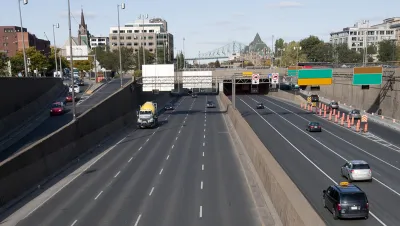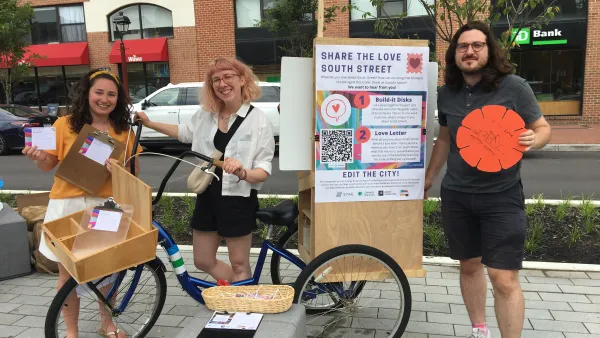If public transit suffers long-term consequences from the coronavirus, as many experts predict, telecommuting could be a key tool in reducing pollution and congestion, but it creates problems of its own and its effects aren't entirely clear.

A post by the Transportation Research Board gathers recent and historic studies on the effects of telecommuting for indications about how the post-COVID world might change if the shift toward working from home stick around for months, years, or indefinitely into the future. But telecommuting creates problems of its own, and research conducted to date, admittedly conducted in conditions short of the kind of wholesale changes inspired by the pandemic, hasn't shown telecommuting to be the kind of slam dunk many might hope it to be.
For instance, research from the 1990s made the case for telecommuting as "an ideal way to mitigate traffic congestion and improve air quality." But another study, completed 20 years later, "showed that regular teleworkers used time and money saved to either take trips they couldn’t during a normal work commute or move farther from the offices they were visiting less frequently."
Then there are the funding problems created when transportation revenues are tied to gas taxes. "Before much of the white-collar workforce began teleworking in mid-to-late March, the Congressional Budget Office had already estimated the Mass Transit Account of the Highway Trust Fund would be exhausted in 2021 and the Highway Account by 2022. States have been thinking outside the pump in terms of how their transportation revenue can be maintained."
FULL STORY: Telework transportation research in light of the COVID-19 pandemic

National Parks Layoffs Will Cause Communities to Lose Billions
Thousands of essential park workers were laid off this week, just before the busy spring break season.

Retro-silient?: America’s First “Eco-burb,” The Woodlands Turns 50
A master-planned community north of Houston offers lessons on green infrastructure and resilient design, but falls short of its founder’s lofty affordability and walkability goals.

Delivering for America Plan Will Downgrade Mail Service in at Least 49.5 Percent of Zip Codes
Republican and Democrat lawmakers criticize the plan for its disproportionate negative impact on rural communities.

Test News Post 1
This is a summary

Test News Headline 46
Test for the image on the front page.

Balancing Bombs and Butterflies: How the National Guard Protects a Rare Species
The National Guard at Fort Indiantown Gap uses GIS technology and land management strategies to balance military training with conservation efforts, ensuring the survival of the rare eastern regal fritillary butterfly.
Urban Design for Planners 1: Software Tools
This six-course series explores essential urban design concepts using open source software and equips planners with the tools they need to participate fully in the urban design process.
Planning for Universal Design
Learn the tools for implementing Universal Design in planning regulations.
EMC Planning Group, Inc.
Planetizen
Planetizen
Mpact (formerly Rail~Volution)
Great Falls Development Authority, Inc.
HUDs Office of Policy Development and Research
NYU Wagner Graduate School of Public Service





























